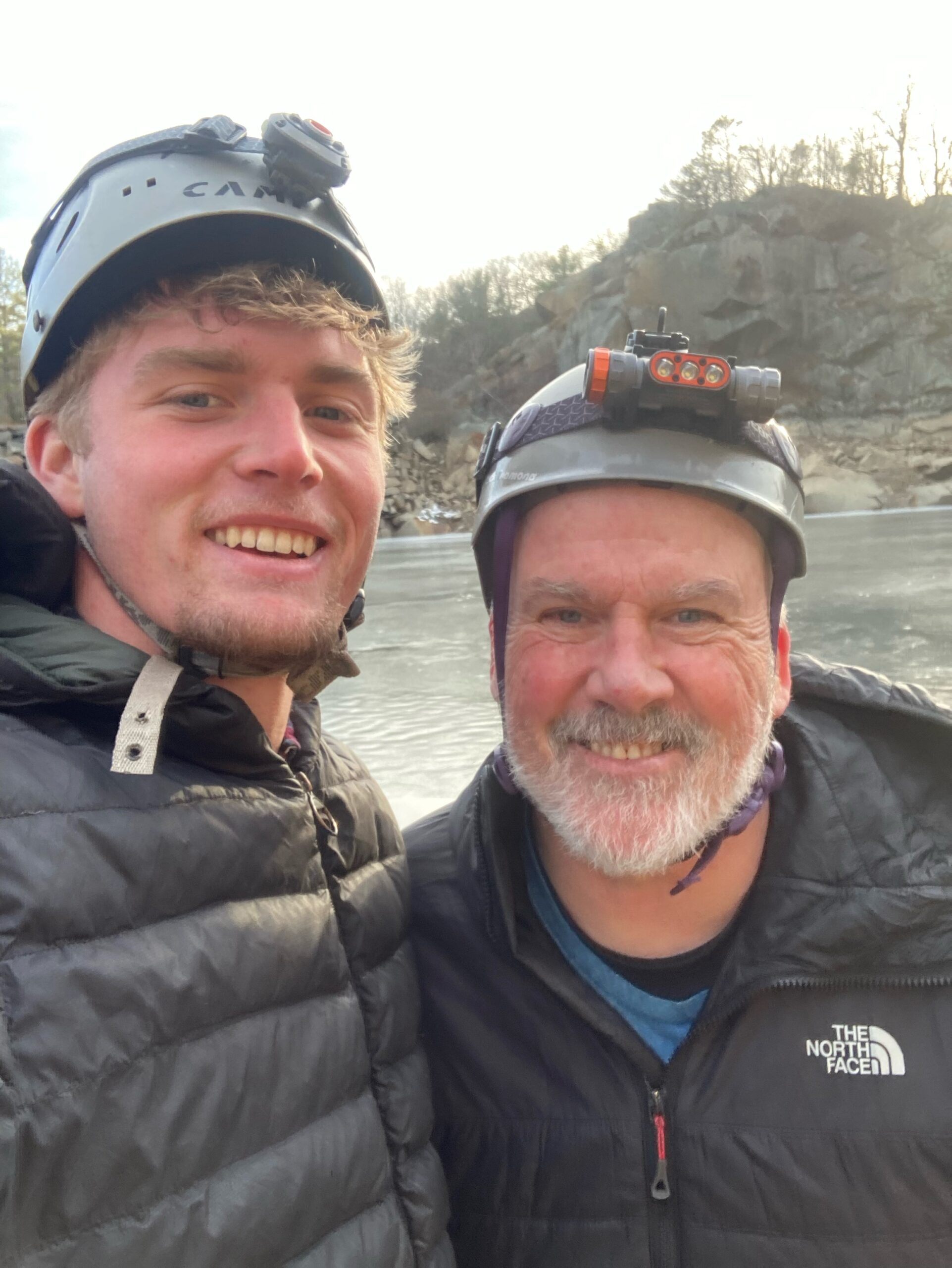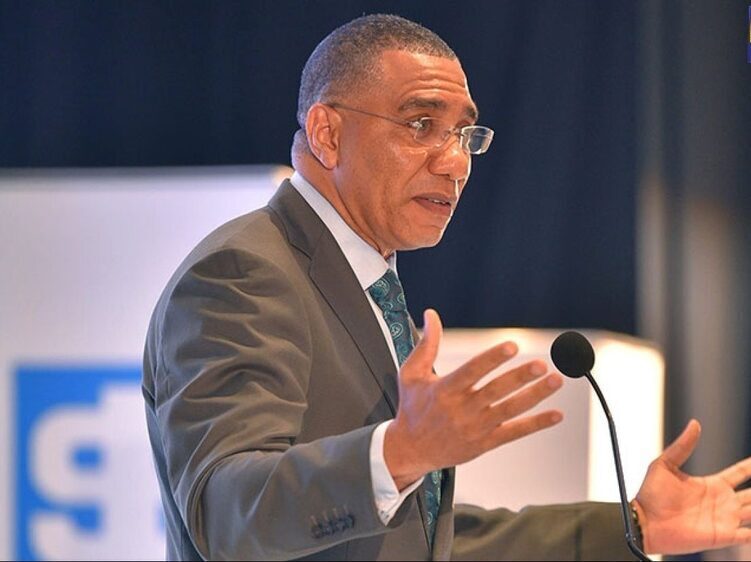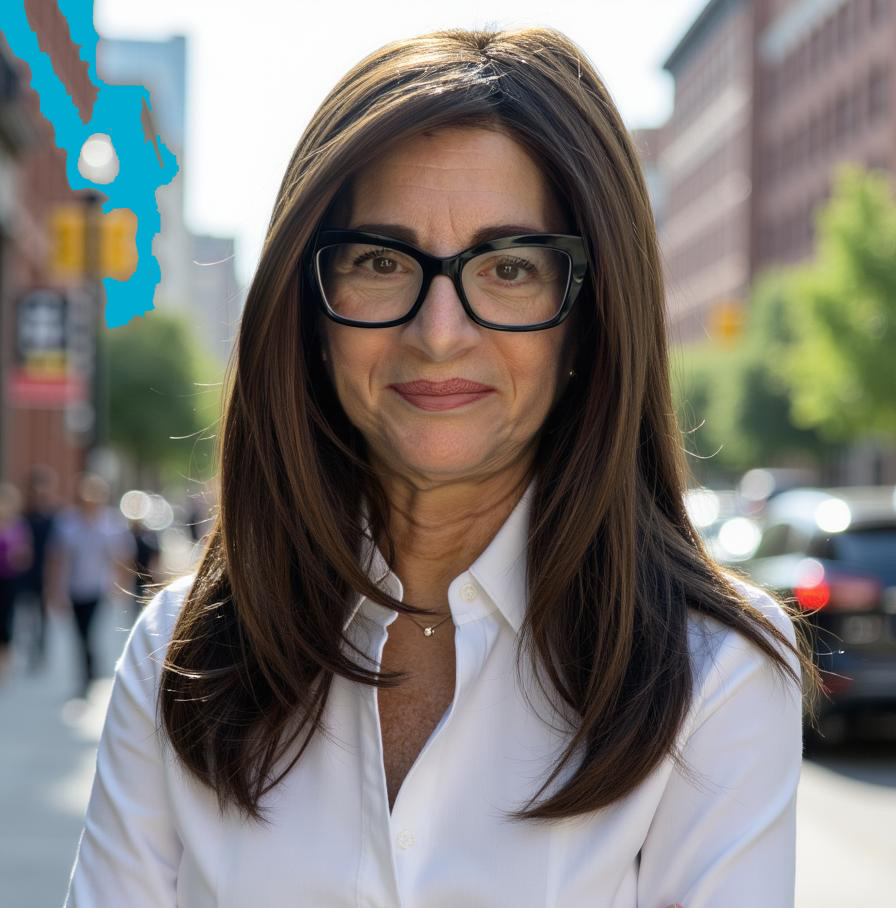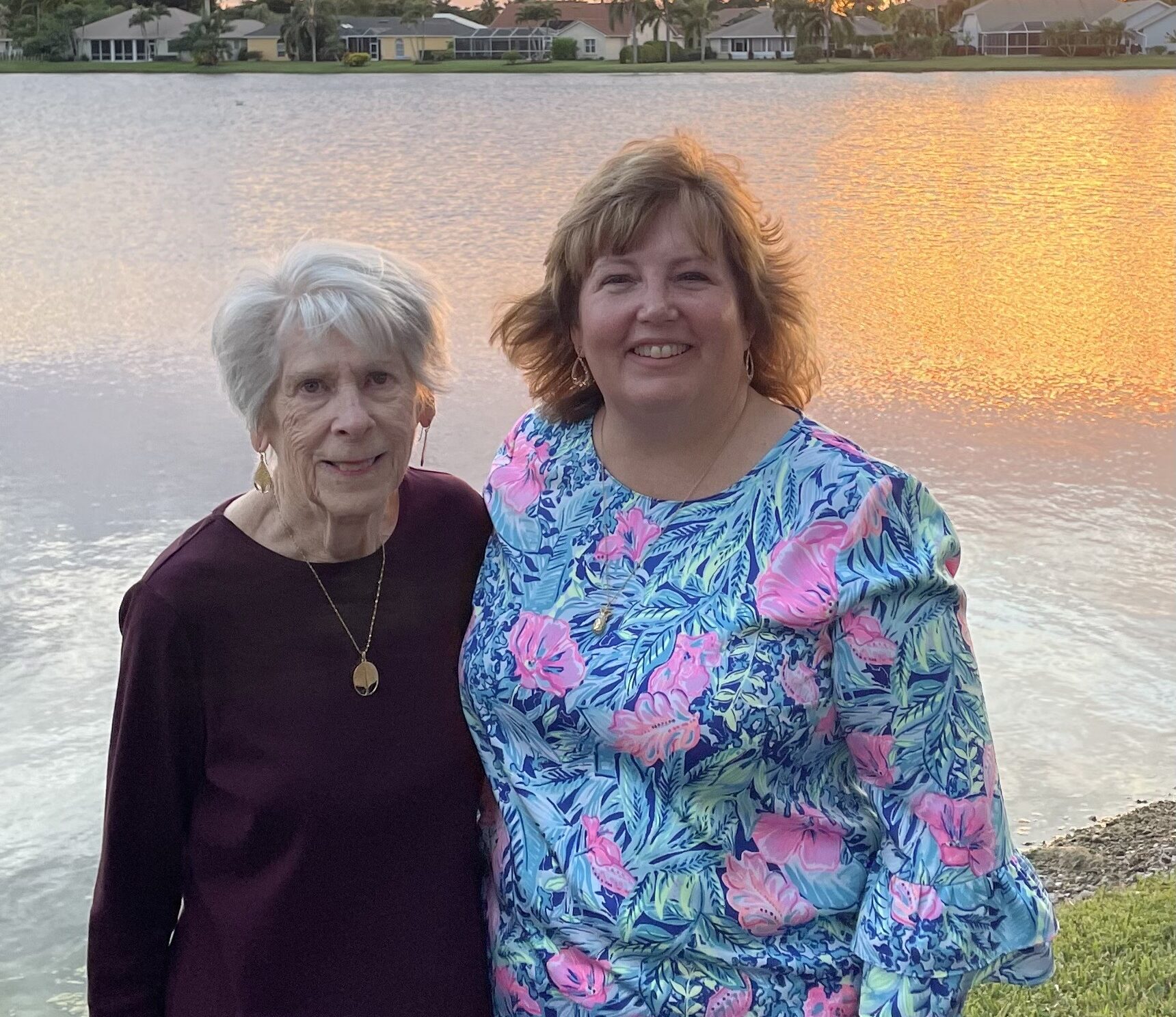Faculty Spotlight: Robert DeLeo, University Fellow of Public Life
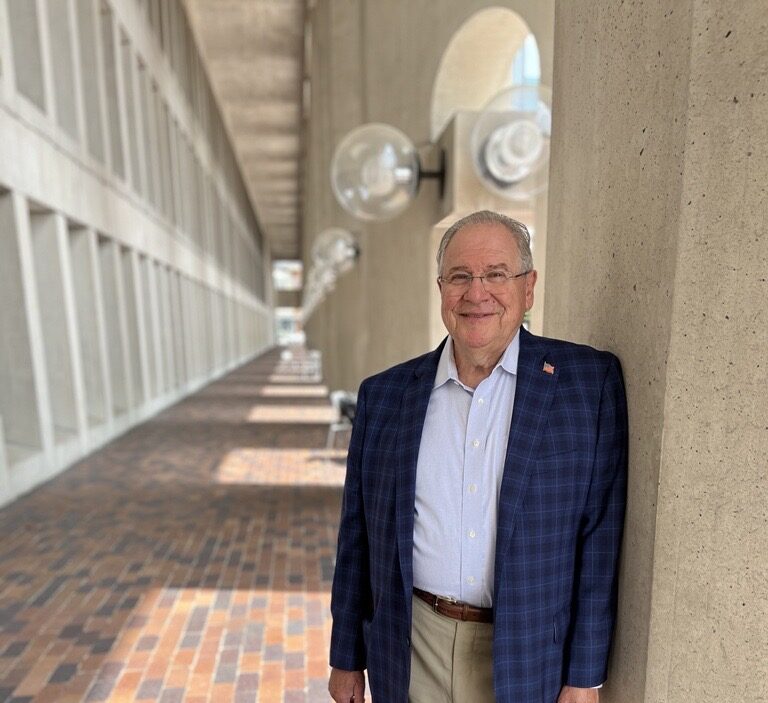
Former MA House Speaker Robert DeLeo came to Northeastern University as a Fellow for Public Life in 2020. Much of his work at the university benefits the CPS Doctor of Law and Policy (DLP) program, offering consultations with students and faculty members. Four years later, he’s all settled in.
DeLeo served in the Massachusetts House of Representatives from 1991 to 2020 and was elected Speaker of the House in 2009. He held that position until 2020, when, after 30 years in the House, he joined Northeastern University. DeLeo’s reputation is that of a man who can thrive in a highly politicized environment with an ease that consistently built bipartisan consensus on a variety of issues throughout his long career. He proactively diversified legislative leadership by appointing many women and minoritized individuals to chair positions during his tenure, with some serving as the firsts in those roles.
At 70, sitting as Massachusetts longest serving House Speaker at the onset of the pandemic, DeLeo knew it was time for his next step, but he couldn’t leave the role without disrupting the state’s legislative process; the entire body was figuring out how to conduct debates without being physically present in the chamber. Once things fell into a routine, DeLeo transitioned to Northeastern, where the university community celebrated his return to his alma mater.
Transition and the Technological Revolution
The transition from serving as a high-ranking government official to that of a University Fellow was stark. DeLeo describes his own technological revolution of moving from a place where a multitude of assistants would print out his emails, review them with him either in person or on the phone, and type out responses for him, to a setting where he had to execute all these administrative tasks himself, for the very first time in his life.
“I had no idea how to work a computer so I had to learn from scratch. It was daunting. I would go in once a week for someone to teach me how to use it, and how to do zoom calls. This was a steep learning curve; I was just used to people telling me where to go to give my speech,” he said.
DeLeo is proud to report that he has adapted. He said, smiling, “They told me I was a pretty good student, but I still have a lot to learn. I encourage people to learn because technology is here to stay and there is no going back.”
Rewiring, not Retiring
When asked what he is proud of while serving in elected office, DeLeo cites a host of accomplishments including passing laws on gun safety, transgender LGBTQ advocacy, and education advocacy that resulted in passing the 2019 Student Opportunity Act (SOA) that made state funding in K-12 schools more robust and equitable.
It is typical for long-serving government officials to register as a lobbyist or a consultant after retirement, because their insider perspective is valuable to so many interests. (A recent Vox article cites that about half of retiring senators and a third of House members register as lobbyists after retiring). For DeLeo, things turned out differently. One of the things he found when he was House Chair and Speaker was that he would be called upon to speak at schools and universities. “I found it so invigorating; I loved talking to the students”, he recalls.

“It was always in the back of my mind, ‘what’s the next chapter gonna hold?’ I decided to go into something I was passionate about, and that was higher education.”
According to DeLeo, Northeastern President Joseph Aoun, proud that DeLeo was an alum, would meet with him once or twice a year to discuss developments in the education sector. DeLeo recounted, “He once said to me, ‘When you leave being Speaker, you know you have to come to Northeastern.’ I looked at him and asked, ‘Why?’ He replied, ‘Because this is your home.’ And that always stuck with me.”
When DeLeo stepped down as Speaker, he got multiple offers from other schools, lobbying firms and law offices. “I looked inward and remembered President Aoun saying that to me; ultimately, I decided Northeastern would be a natural landing place. It was one of the best decisions that I ever made. I genuinely feel like I’m in a special place. When I speak publicly, I’m trying to sell the university, but I’m not doing it because I’m ‘selling the school’; I’m doing it because I believe in it. Sometimes when I drive home, I say to myself, ‘I love this place’.
Growing Up
DeLeo grew up in East Boston and Winthrop and attended Boston Latin School, the oldest public school in colonial-era America and the oldest existing school in the United States, founded in 1635.
His mother mainly stayed at home tending to domestic matters, the children, and a job at the local school’s cafeteria. He said, “She is where I got my compassion for people. In those days they didn’t have free lunch in the schools, but mom made sure everyone got fed. She just gave them food.” He jokes, “I think the statute of limitations has gone now, so I can admit that. She would also go to the donut store to pick up donuts for the teachers. My dad used to say to her “you’re the only person I know who is losing money working.”
DeLeo lived in a ‘three decker’ home, an architectural design mostly built between the 1880’s and 1930’s, known for the ability to provide affordable housing opportunities for a wide variety of working- and middle-class families, in an East Boston Italian American neighborhood. DeLeo describes each floor being occupied by family members; next door, his mother’s sister lived, and right behind their building, his grandmother and his other aunt resided. “I lived in the DeLeo version of the Kennedy compound.” he quipped.
“In those days if there was a neighbor that needed helping, you were there. If someone needed food or clothing, you were there. It was very matriarchal.” he said.
His father worked long hours as a bus boy and a waiter, and he worked his way up to become Matre d’ at the Statler Hilton, now known as the Copley Plaza. DeLeo said, “My Dad worked his way up the hard way and did very well.”
From 1964 to 1973, during the period when DeLeo graduated high school and entered college, America drafted young men for the Vietnam War. DeLeo recalls, “That was an interesting era; I was number 167 in the lottery. I was never called to serve.”
Northeastern: The Perfect Next Step
DeLeo graduated from Northeastern in 1972 with a Bachelor of Arts in Political Science. “I can’t say I really knew what was next; I wasn’t like I was looking to go into a particular profession like ‘I want to be a doctor or an engineer’. What attracted me to Northeastern was the co-op experience. After leaving Boston Latin, where the academic curriculum was incredibly challenging, I knew I wanted to do something more hands on. I knew I wanted immediate work experience and freedom to see what everything was all about. Northeastern was my perfect next step”, he said.
DeLeo’s first co-op job was at American Airlines where he managed reservations by phone. He said, “people would call me and say ‘I want to go to Dallas, Texas’ and I had to look for the options by reading out a list of flights and prices. The upside to the job was that I got to travel for free and just pay the taxes on the flights.”
After American Airlines, DeLeo worked for the Liberty Mutual Insurance Company and was involved with processing cases for accidents. While there, his interest in the law was piqued.
“One of the greatest things about Northeastern is the experiential learning.” he said.
First Generation Graduate
When DeLeo graduated college, he admittedly thought he was a ‘hot shot’. As the first one in his family to graduate, he describes feeling like ‘everyone would want me to work for them!”. That wasn’t really the case. Liberty Mutual wanted to send him to Hartford for a full time job, but he wanted to go to law school. Around this time, he also considered following his father into the hotel and restaurant business, but his college degree wasn’t exactly valued in the industry. He said, “They were like ‘you graduated college? Great. So what. You’ve got to work your way up’. They weren’t impressed.”
He enrolled in Suffolk University’s law school and attended evening classes while working during the day at the courthouse.
Students & Bagels
DeLeo’s primary role at Northeastern is to provide faculty and students with insights and context around global, national, state and local affairs. Although he does not teach classes, he is frequently invited by professors to speak on various topics or to spend time with students. He serves many programs across the university, working extensively within the Doctor of Law and Policy (DLP) and Doctor of Education (EdD) programs offered by the College of Professional Studies and Northeastern’s Political Science department.
JD LaRock, Professor of the Practice in the DLP program and professor to both DLP and EdD courses, said, “Since [DeLeo] came to Northeastern, he has been present in every single class that I’ve taught. He shares insights and experiences from his own time as a legislature and connects that with the issues we are studying. Those real life stories in policy that you don’t read in textbooks, he brings all of that in the classroom. I couldn’t do that on my own.”
DeLeo also spends a significant amount of time with both undergraduate and graduate students, offering guidance on their studies and dissertations. He provides advice on various topics, such as identifying good places to learn, finding suitable co-op jobs and places to work upon graduation. He said, “Sometimes students want to have more context, such as ‘how did you do this, what was that meeting like, how exactly did this law get passed?’ That’s the major part of me being here, and if I had to pick what I really love, it’s working with the students.”
Jack McDevitt, Professor of the Practice Emeritus at the School of Criminology and Criminal Justice and CPS Faculty Affiliate, who also served as interim director of the Doctor of Law and Policy (DLP) program, said that he regularly called DeLeo in to consult with both students and professors. He said, “DeLeo has been invaluable to us. For students enrolled in the doctorate program, you absolutely need an expert, and Bob’s done a fantastic job consulting on projects the students are trying to get done. He also helps plan the annual DLP trip to DC, and he arranges for students to meet senators and other people from the White House, including congress people and officials; he organizes all of that every year.”
DeLeo stated, “For the doctoral students, I’ll use my network to bring in speakers and set up people for them to talk to. They say something like ‘I’m doing a thesis on…say, paid family leave,’ and I connect them directly with people working in that field. I also work with undergrads who are very nervous and often ask, ‘What’s the best path?’ I always explain that the path is never straight and always winding.”
“If I was a lobbyist, I would be getting paid a lot more money!” he mused.
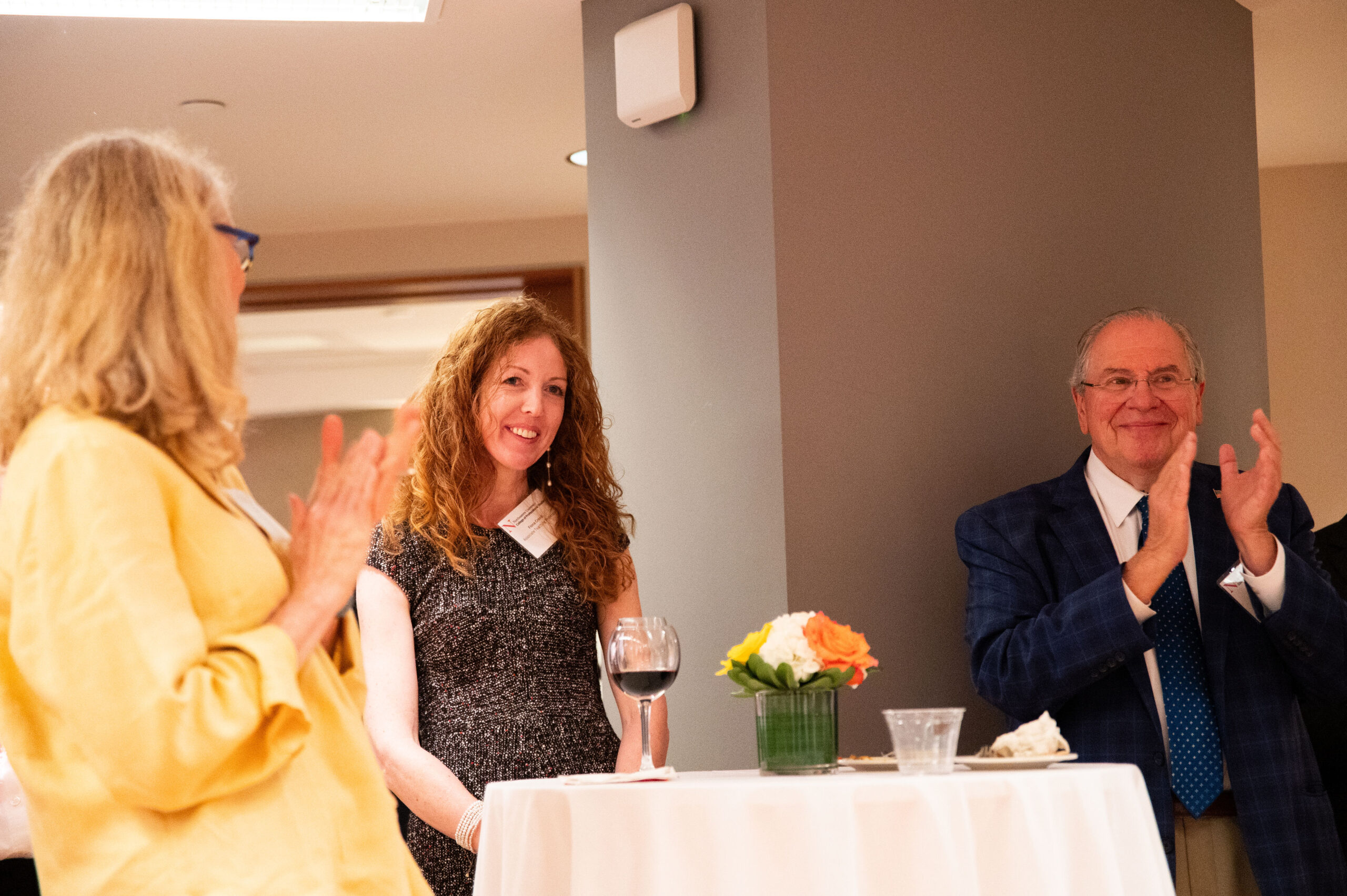
In reflecting on the impact that DeLeo had on his faculty and students, Jack McDevitt, Professor of the Practice Emeritus at the School of Criminology and Criminal Justice and CPS Faculty Affiliate said,
“Alot of students and faculty depend on him; he’s working across the university and has been a real asset. There are a lot of people that are benefitting from his expertise here at the University, but there are more that could.”
Chantei Alves, a Boston Public School special education teacher at the Allison Parks Early Education School in Mattapan is a doctorate student in the DLP Program. She enjoys DeLeo on her dissertation committee as her Second Reader. Her work is focused on mixed method research that looks at different states that have adopted science of reading laws, a body of scientific evidence that informs how students learn to read and write proficiently, into their curriculum, to see its impact on outcomes and teaching practices in early childhood education. She is scheduled to defend her dissertation next spring. She said, “because of Speaker DeLeo’s amazing work with the Student Opportunities Act in Massachusetts, I am so honored to have him as not just an advisor but as a mentor. For me, it’s the perfect pairing. For me personally, he checks in to make sure I’m ok, he pulls me to the side asking how’s it going, and he’s always motivating me, I really appreciate that.”
As testament to DeLeo’s humble disposition to serving others, Alves offers a story recalling the time her cohort took a trip to DC, saying, “We wanted to witness an important pharma case that was happening in the courts so we all arrived in front of the courthouse at like 6 in the morning to get in line to get inside. After waiting for about an hour, we all started talking about how hungry we were, then out of nowhere Speaker DeLeo walks up with drinks and a big bag of bagel egg and cheese sandwiches! Someone joked “thanks Bob, I guess this is a little different than serving in the House eh? And we all laughed. But he is such a servant to us and he doesn’t mind doing it! Without question, he didn’t mind bringing us bagels at 6 in the morning and he doesn’t mind just as generously sharing his time or contact with us in the ways we need. That bagel story really speaks to his character. He’s always making me feel like I’m extremely important to him and that is everything.”
The Power of Education
When DeLeo was speaker, he talked about the need for education, early education and community colleges.
“Many times, people talk about how we can change the trajectories of certain kids. When I saw how statistically children of socioeconomic privilege were doing so much better because they had those opportunities that others didn’t have, we started putting vast amounts of money into early education. It gave kids an equal opportunity in terms of where they could go. Without early education, statistics show that reading levels are lower, high school graduation rates are lower, and the likelihood of incarceration is much higher. I see education itself as one of the best social programs we can implement.
The same goes for community colleges. Everyone has challenges, and some people face obstacles to attending college.
These are the places where we have the opportunity to make a difference for people.”

